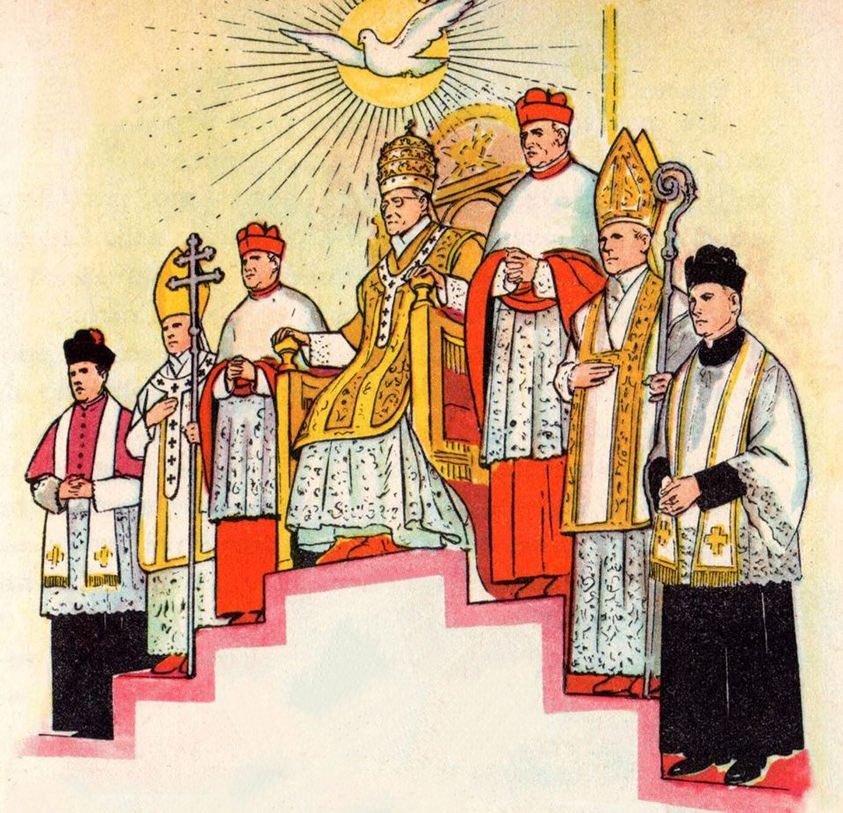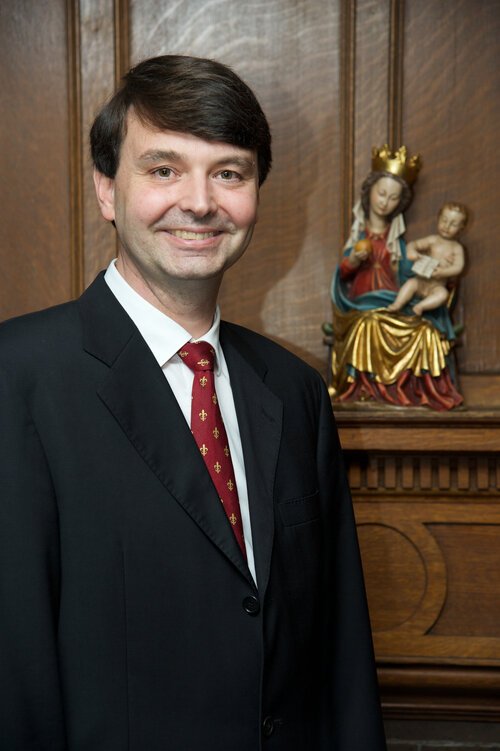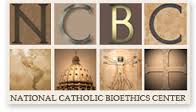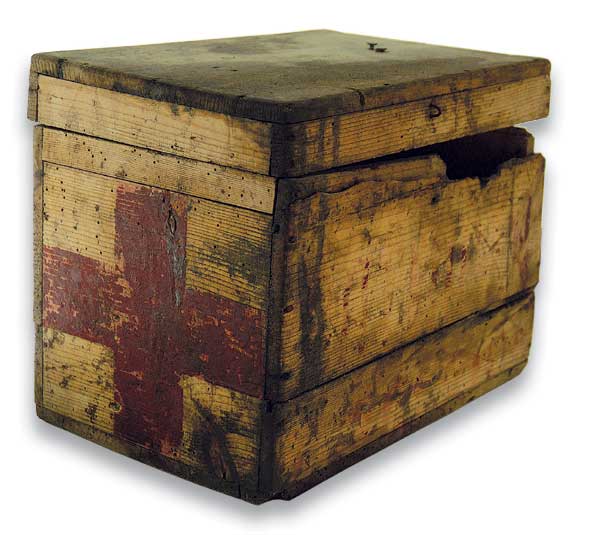To view a PDF of this document, click here.

The Catholic vision of health care is one of respecting the dignity of the person and addressing all the needs of patients; physical, psychological, and spiritual. The health care ministries of the Church strive to heal the sick but also to lovingly care both medically and spiritually for those terminally or chronically ill who cannot be cured. When the very sad circumstances arise of a mother experiencing a high-risk pregnancy, the priority must be to find ways to effectively help both mom and baby.
The highest quality of health care, both scientifically and ethically, means striving for the best possible results and never directly harming a patient.
Bishop Michael Burbidge, chairman of the USCCB’s Pro-Life Committee, recently said, “The Catholic faith and Catholic hospitals unequivocally allow for procedures that are necessary to save the life of a pregnant mother in a medical emergency, even when they tragically result in the unintended loss of her preborn child.”
Bishop Burbidge went on to affirm that direct abortions are always wrong but that there are morally acceptable procedures to preserve a mother’s life that only indirectly result in the death of her preborn baby.
Whereas many secular health care systems have no objection to directly aborting a child when the mother is sick, Catholic hospitals refuse to commit abortion when they are faithfully following the governing document for Catholic health care in the United States, the Ethical and Religious Directives for Catholic Health Care Services (known as the ERDs).
Instead, Catholic ethicists and health care professionals apply the principle of double effect which involves evaluating certain good actions intended for a good purpose that can also have foreseen but unintended bad effects. A frequently given example of this principle in practice is performing a hysterectomy on a pregnant mom with a deadly cancer in her uterus. If there is no effective alternative treatment and it is not possible either to wait to do the needed hysterectomy until after the delivery of the child or to induce birth early so as to save his or her life, then removing the cancerous tumor and uterus with the child within is not immoral or a direct abortion. There is an ethical proportionality
between the good and intended action of preventing the mother’s death and the unintended effect of the child not surviving.
Catholic bioethics is not sanctioning the sacrificing of one patient to save the other. That is not ethical, and a necessary condition for the morally licit application of the principle of double effect is that the evil effect may not be the cause of the good effect. Rather, a valid medical action that would be done in these circumstances if no baby were present, a hysterectomy, could still ethically be carried out in certain circumstances of pregnancy. Catholic health care principles mean striving to save both if possible, saving one if only that can be achieved, and never directly killing a patient in any case.
This means that the widely circulated myth that Catholic health care poses a danger to or does not care for the lives of pregnant mothers is completely unfounded. What is true is that a faithful Catholic approach will not automatically lead to the killing of a preborn child, as happens in some secular contexts, when there is a maternal–fetal vital conflict.
With the continued advances of biomedical science, particularly sonogram technology, there are fewer and fewer circumstances where it is not possible to detect problems early and save both mother and child. Catholic hospitals should always pursue the best care of mothers and their babies and never stand back and allow one or both to die when a medical treatment is available. It is vital to keep in mind that direct abortion is not a medical treatment. It is intrinsically evil and emphatically not health care to abort a baby.
The ERDs explain this well. “Operations, treatments, and medications that have as their direct purpose the cure of a proportionately serious pathological condition of a pregnant woman are permitted when they cannot be safely postponed until the unborn child is viable, even if they will result in the death of the unborn child.
In case of extrauterine pregnancy, no intervention is morally licit which constitutes a direct abortion.
For a proportionate reason, labor may be induced after the fetus is viable.” (From ERD directives 47, 48, and 49).
A final point about ectopic pregnancies is another good example of how the principle of double effect is applied in Catholic bioethics. A salpingectomy, the removal of the section of the fallopian tube that is in danger of bursting because of an implanted embryo, is ethically permissible to remove a grave threat to the
life of the mother. This is because the growing embryo cannot survive in the fallopian tube and in our current state of scientific advancement, cannot viably be transferred to the womb. The salpingectomy does not directly attack the human embryo, but it is clear that he or she will die as a result of the operation. It is a refined bit of ethical reasoning and discernment that allows for a salpingectomy in these circumstances, but it is an important and valid one.
Most significantly, it should be clear that Catholic hospitals and health care professionals do not need to resort to direct abortion to save the lives of pregnant mothers in difficulty. The pro-abortion and anti-Catholic media campaigns proclaiming that pregnant mother’s lives are in danger due to the absolute refusal of Catholic health care ethics to permit pregnant women to be saved are false and misleading scare tactics. Pro-Life Catholic hospitals are the best place for pregnant moms and their babies and have a beautiful commitment to bringing the highest quality health care to those in greatest need.

Joseph Meaney received his PhD in bioethics from the Catholic University of the Sacred Heart in Rome. His doctoral program was founded by the late Elio Cardinal Sgreccia and linked to the medical school and Gemelli teaching hospital. His dissertation topic was Conscience and Health Care: A Bioethical Analysis. Dr. Meaney earned his master’s in Latin American studies, focusing on health care in Guatemala, from the University of Texas at Austin. He graduated from the University of Dallas with a BA in history and a concentration in international studies. The Benedict XVI Catholic University in Trujillo, Peru, awarded Dr. Meaney an honorary visiting professorship. The University of Dallas bestowed on him an honorary doctorate in Humane Letters in 2022.









